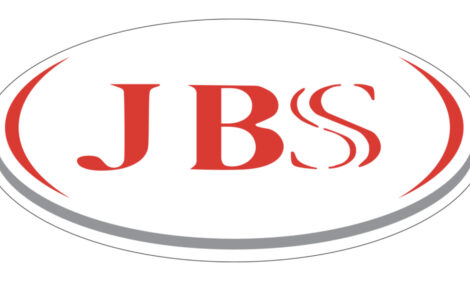



USDA should withdraw OTM rule say Cattlemen
US - The Canadian government has confirmed that its latest case of bovine spongiform encephalopathy (BSE) was in an Alberta bull born in 2000 - well beyond the 1997 implementation of Canada's feed ban - and well beyond March 1, 1999, the date after which the Canadian feed ban was previously hoped to have become effective."Half of Canada's detected BSE cases so far have been born after its feed ban was established, clearly demonstrating that the feed ban has not prevented subsequent cases of BSE in Canada and proving that USDA's OTM rule will increase the risk of introducing BSE-infected cattle into the United States," said R-CALF USA CEO Bill Bullard. "Canada's newest improved feed ban is scheduled to take effect on July 12, and the Canadian government says the result will be that BSE is eliminated from its cattle herd in approximately 10 years, and that its level of BSE 'continues to decline.'
Source: North Texas e-News


